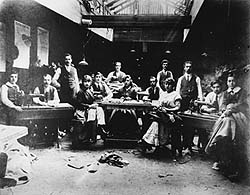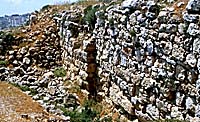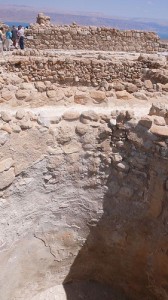Gershom Gorenberg
The last week has been rather packed, and not just because of two days of Rosh Hashanah. On the first night of the holiday, while my wife and kids and I were at the synagogue praying, our kitchen caught fire. By the time we got home, the fire crew had been and gone. A cop was standing in the dark, smoke-filled, wet apartment to calm us – and to tell us we’d need to find someplace else to stay. Thank God for my friends and especially for my congregation, Kehillat Yedidya. Generosity has turned this from a crisis to an inconvenience.
In the meantime, though, I’ve been remiss in putting up the links to two new articles.
In the Washington Post, I wrote this article on a recurring pattern: Poorly implemented diplomatic initiatives on Israeli-Arab peace have actually spurred settlement construction. A prime example is Ma’aleh Adumim, born of the failed talks with Jordan in the mid-70s. It was also born in flagrant violation of international law:
The government’s method of acquiring land for the settlement was audacious — and, until now, well hidden. After a tenacious freedom-of-information legal battle, Israeli human rights activist Dror Etkes of the organization Yesh Din recently received data from the Israeli army’s Civil Administration on West Bank land expropriations. In April 1975, Israel expropriated 11 square miles east of Jerusalem “for public use.” In 1977, another square mile was taken.
On his laptop, Etkes showed me an aerial photo of the settlement today, superimposed on a map of the expropriation. Most of the built-up area of Maale Adumim lies inside the land that was confiscated.
This is a prima facie violation of international law. Under the 1907 Hague Convention, an occupying power may expropriate land only for the public use of the occupied population. Taking private West Bank land for Israeli use is therefore barred.
Meanwhile, my article on the 41st anniversary of Kfar Etzion went up at the Ha’aretz site – in Hebrew, and in English translation. As I explain there, the long-standing Israeli consensus on settling at the Etzion Bloc is based on some lazy and dangerous thinking:
Read more








